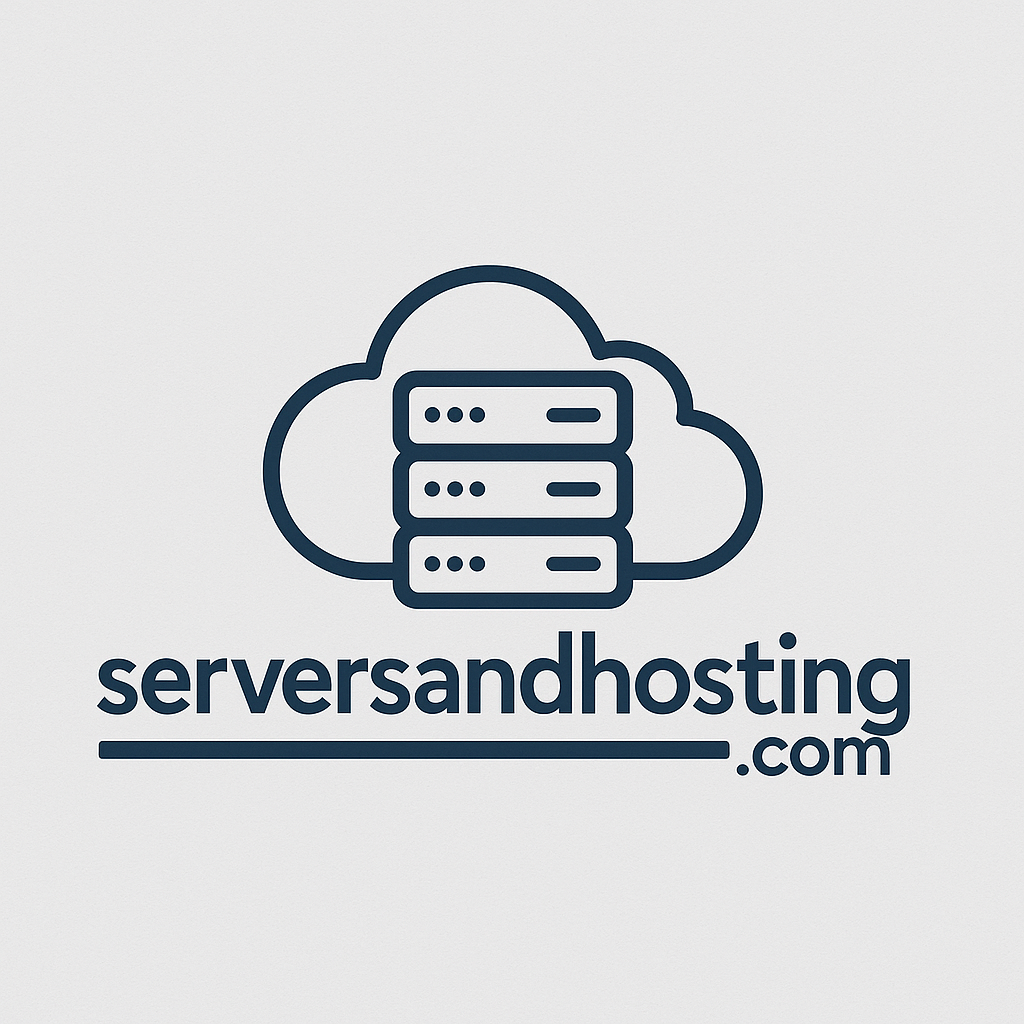There are several options available for hosting a website, ranging from basic, low-cost solutions to advanced, high-performance infrastructure. The right option depends on your specific needs, such as traffic volume, technical expertise, budget, scalability, and the type of website you’re running (e.g., blog, e-commerce, portfolio, etc). This guide outlines the most common website hosting options, detailing their benefits, drawbacks, and ideal use cases.
1. Shared Hosting
Overview:
Shared hosting is the most basic and affordable type of hosting. Your website resides on a server with many other websites, sharing resources like CPU, RAM, and bandwidth.
Pros:
- Cost-effective (great for beginners and small websites).
- Easy to use with minimal setup.
- Usually includes a control panel (like cPanel) and 1-click installers.
Cons:
- Limited performance and speed.
- Restricted resource usage.
- Not ideal for high-traffic or resource-intensive sites.
- Lower security since other sites share the same server.
Best for:
Small personal blogs, portfolios, static websites, or businesses just starting online.
2. Virtual Private Server (VPS) Hosting
Overview:
VPS hosting provides a virtualized server environment. While you still share a physical server with others, you have dedicated resources and more control.
Pros:
- Better performance and reliability than shared hosting.
- Scalable resources.
- Greater control and customization.
- Isolated from other users on the same physical server.
Cons:
- More expensive than shared hosting.
- Requires some technical knowledge (especially if unmanaged).
- Still limited by the physical server’s capacity.
Best for:
Growing websites, web apps, or online stores with moderate traffic needing more power and flexibility.
3. Dedicated Hosting
Overview:
With dedicated hosting, you rent an entire physical server for your website. This means you have full control over the server, including its configuration and installed software.
Pros:
- Full access and control.
- High performance and reliability.
- Custom security configurations.
- No resource sharing.
Cons:
- Expensive.
- Requires deep technical expertise.
- Overkill for small to medium sites.
Best for:
Large websites, enterprise applications, or businesses needing strict security and customization.
Final Thoughts
Choosing the right hosting option depends on your website’s goals, complexity, and expected growth. Here’s a simplified decision guide:
- For beginners or low-budget: Shared hosting
- For growing websites: VPS or cloud hosting.
- For high-traffic, performance-critical sites: Dedicated, High performance VPS hosting, or even a clustered setup (not spoken about in this article)
- For WordPress sites: Shared hosting or VPS.
- For developers and businesses: VPS Servers or Dedicated
- For enterprises: Dedicated servers or Clustering.
Take time to assess your technical comfort level, desired performance, and future scalability when choosing a provider.
Sponsored
Check out vertahost.com for all of your web hosting needs, including 24/7 support, and server expertise
